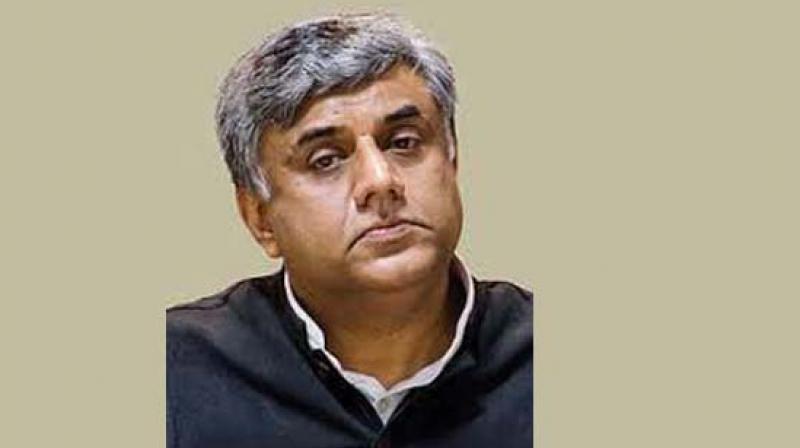Indo-China tussle to affect South unity, says Rajeev Gowda
“The Doklam stand off has turned that rhetoric on its head,â€said Professor Gowda, adding,

Bengaluru: “The growing differences between India and China, amplified most recently by the Doklam standoff, could seriously hinder the chances of formulating a Global South perspective on foreign policy,” remarked Rajya Sabha MP Rajeev Gowda, who was speaking the Global South Conference held at the National Law School of India University here in Bengaluru. “Both India and China should spearhead the global southern perspective, although this may not happen int he near future.”
Indo-Chinese relations have been less than friendly since the 1960s and the two nations have since positioned themselves as trading partners. “The Doklam stand-off has turned that rhetoric on its head,” said Professor Gowda, adding,
“The situation is still tricky; worries have been mounting over China’s muscle-flexing in the larger continent.”
The system itself has been engineered to tilt in favour of the same, dominant power, the Global North, Professor Gowda points out, saying, “This is the case even though colonialism as a hegemonic practice isn’t in place anymore.” However, the time has come for nations like India to seek development and a definite role in shaping the southern perspective.
“The advances in technology have made it possible for developing nations to discuss drastic transformations,” he said, referring to the central government’s move away from fossil fuel powered engines and towards electric vehicles. “These ambitious targets might also enable us to address climate change in a new, different way, with a global perspective in mind. This has helped India move towards finding her place within the club of wealthy nations, instead of being a leader of the less affluent countries.”
Dr Siddharth Mallavarapu, an international relations scholar from South Asian University, believes an interest in asymmetries for knowledge production could be a reason behind scholarships in these disciplines being heavily favoured towards the north. “Theories
produced from the metropole, which are to be consumed by other parts of the world reduces us to passive recipients,” he argued.
Dr Chiranjib Sen (Azim Premji University) and Prof Ningthoujam Koiremba Singh (Christ University) also interacted with the students during the conference.

